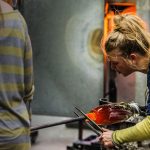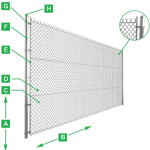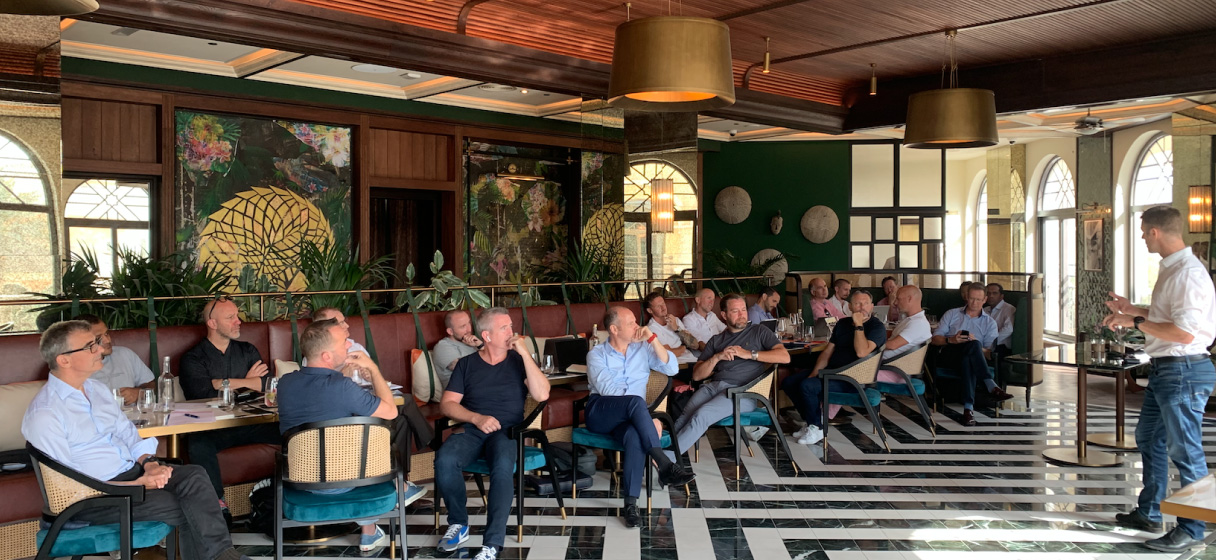Effective teamwork is essential for organizational success. Designing a team-building training program can improve collaboration, improve communication, and nurture a sense of belonging among team members. Here’s an inclusive guide to help you create an impactful team building training Dubai program.
Identify objectives:
The first step in designing a team-building training program is to define clear objectives. What do you hope to achieve? Common goals include improving communication, nurturing trust, improving problem-solving skills, and increasing overall team performance. By setting specific, measurable objectives, you can tailor the program to address the unique needs of your team.
Assess team dynamics:
Understanding your team’s current dynamics is important for effective program design. Conduct surveys or interviews to gather insights about team members’ strengths, weaknesses, and areas for improvement. This assessment will help you identify specific challenges that the training should address, ensuring that the program is relevant and impactful.
Choose appropriate activities:
Select activities that align with your objectives and resonate with your team’s interests and preferences. Consider a mix of physical, creative, and problem-solving exercises to engage all team members. Activities could range from outdoor challenges, such as ropes courses, to indoor workshops focused on communication and collaboration. Ensure that the chosen activities encourage interaction and teamwork, allowing participants to bond and learn from one another.
Incorporate learning modules:
While team-building activities are important, incorporating structured learning modules can improve the training’s effectiveness. These modules should focus on essential skills such as effective communication, conflict resolution, and emotional intelligence. Use engaging formats like group discussions, role-playing, or case studies to encourage active participation. Providing practical tools and strategies will help team members apply their learning in real-world situations.
Facilitate open communication:
Creating an environment that encourages open communication is vital for a successful team-building training program. Encourage participants to share their thoughts, experiences, and feedback throughout the training. A skilled facilitator can guide discussions, help address conflicts, and ensure that all voices are heard. This open dialogue nurtures trust and collaboration, which are essential for effective teamwork.
Evaluate and follow up:
After the training program, it’s important to evaluate its effectiveness. Gather feedback from participants through surveys or group discussions to assess their experiences and identify areas for improvement. Additionally, follow up with the team to reinforce key concepts and encourage the application of learned skills in their daily work.
 The Future of Engineering Companies: Trends to Watch in the Next Decade
The Future of Engineering Companies: Trends to Watch in the Next Decade  What Sets a Quality Dental Clinic Apart from the Competition?
What Sets a Quality Dental Clinic Apart from the Competition?  What To See In Vape Delivery Before Ordering Vape Products
What To See In Vape Delivery Before Ordering Vape Products  Tips To Set The Time On Your Omega Swatch Watch
Tips To Set The Time On Your Omega Swatch Watch  How To Edit Food Photos For A Professional Finish
How To Edit Food Photos For A Professional Finish  7 Reasons To Invest In Luxury Residences In Dubai
7 Reasons To Invest In Luxury Residences In Dubai  The Versatility Of Chain Link Fences In Modern Design
The Versatility Of Chain Link Fences In Modern Design  A Guide To Finding The Perfect Vape Flavor
A Guide To Finding The Perfect Vape Flavor 